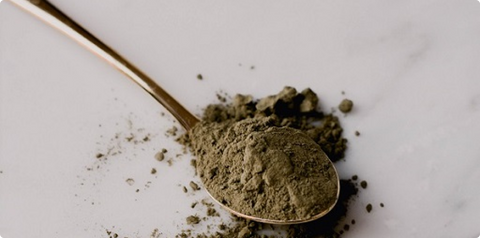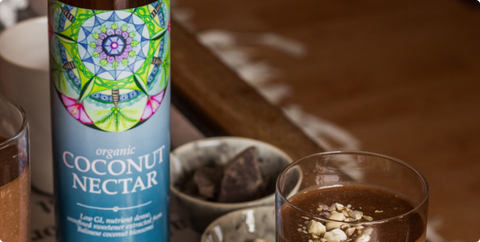Vitamin C, however, is so much more than just an immunity supplement, it’s …
- a potent antioxidant that combats cell-damaging free radicals to prevent cancer and protect cells from oxidative stress
- a vital requirement for supple youthful skin & wound healing
- needed to absorb iron effectively from plant-based foods
- an important preventative of scurvy
- required to biosynthesize L-carnitine and certain neurotransmitters
- involved in protein metabolism
But there are some important facts to know about vitamin c, to ensure you’re getting your daily dietary requirement and to prevent deficiencies.
For instance, did you know that vitamin C is water-soluble and that humans are unable to synthesize vitamin c endogenously (produce it internally) so we have to absorb it from our daily food sources?
Or that vitamin C is only effective in cold prevention, but not for cold symptoms? No research actually proves or suggests that vitamin C supplementation is helpful after cold symptoms have already started.
Read more in our quick guide below, or download our beautiful Infographic on Things You Need To Know About Vitamin C.
The 101 on vitamin C: a quick digest
- it’s heat-sensitive – cooking or heating it will destroy it
- the body needs vitamin C to make collagen, a protein required to give skin its suppleness and elasticity and to help wounds heal
- cats and humans don’t make their own vitamin C like other animals can, so we need to consume it
- it’s water-soluble so it’s not stored in the body, meaning that we have to consume it every day (like vitamin Bs)
- you need co-factors in order for your body to absorb vitamin C, otherwise, you just strain on your liver and will have vitamin C-rich urine
- the co-factors are minerals: Iron + Copper
- vitamin C improves the absorption of iron from plant-based foods
How much vitamin C you need each day will depend on your age as well as whether you smoke. The average daily recommended amounts are as follows: babies 40-50mg, children (1-8years) 15-25mg or (9-13years) 45mg, teenagers (14-18years) 65-76mg, adults 75-90mg, pregnant women 85mg, breastfeeding women 129mg and if you smoke +35mg to all values mentioned above.
Types of vitamin C
There are various types of vitamin C available out there, and sadly not all forms are considered equal in the sense that not all types will effectively be absorbed to protect your body and serve its various functions.
Least absorbable – synthetic citric acid
Is usually found in cheap, standard, off-the-shelf supplements. This is a laboratory-made, isolated form and is created from black mould which is often cultivated on GMO substrates.
Note: citric acid is naturally found in lemons in its whole food, bioavailable form
A bit better – synthetic ascorbic acid
Is laboratory-made and is in an isolated form without co-factors to help absorption
Note: ascorbic acid is naturally found in CAMU with co-factors which then makes it a great vitamin C
Good – liposomal vitamin C
Encapsulated in pockets of fat cells called liposomes, which is the same material that cell membranes are made of, so they bond to these membranes and are better absorbed.
These fat cell pockets can be made from animal-derived fat or cholesterol, so be sure to check that if you are a veggie.
Great – wholefood vitamin C
This vitamin C is in its natural state with co-factors and is a form the body recognises easily and can absorb better.
Sources of vitamin C
Whole foods ie. fruits and vegetables are the best sources of vitamin C. And you should be able to absorb enough vitamin C from your daily meals if you eat a variety of whole foods in a day.
Camu Berry and Baobab are SUPER foods that are great whole food sources of vitamin C and contain more than enough milligrams of vitamin C to meet your daily requirements. You’ll potentially just need to add a teaspoon of superfood powder to a glass of water daily to make your dietary requirements. View superfood vitamin c sources here.
Vitamin C is also generally found in citrus fruits, tomatoes, potatoes, red and green peppers, kiwifruit, broccoli, strawberries and brussels sprouts.
If you enjoyed this information, download and share our free infographic on Vitamin C.

Sources
https://ods.od.nih.gov/factsheets/VitaminC-HealthProfessional/
https://pubmed.ncbi.nlm.nih.gov/17884994/
https://pubmed.ncbi.nlm.nih.gov/26808119/






Comments (0)
There are no comments for this article. Be the first one to leave a message!